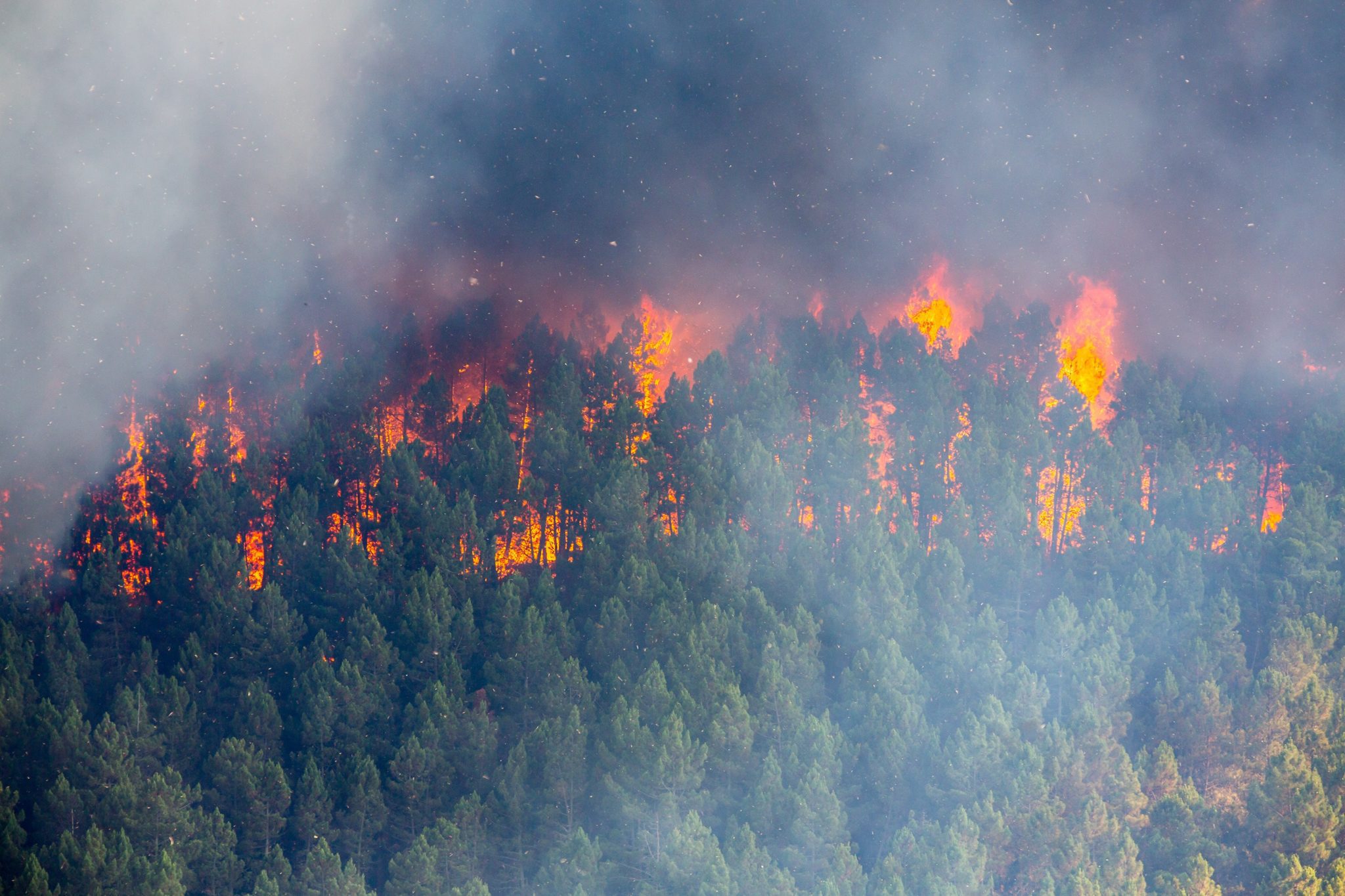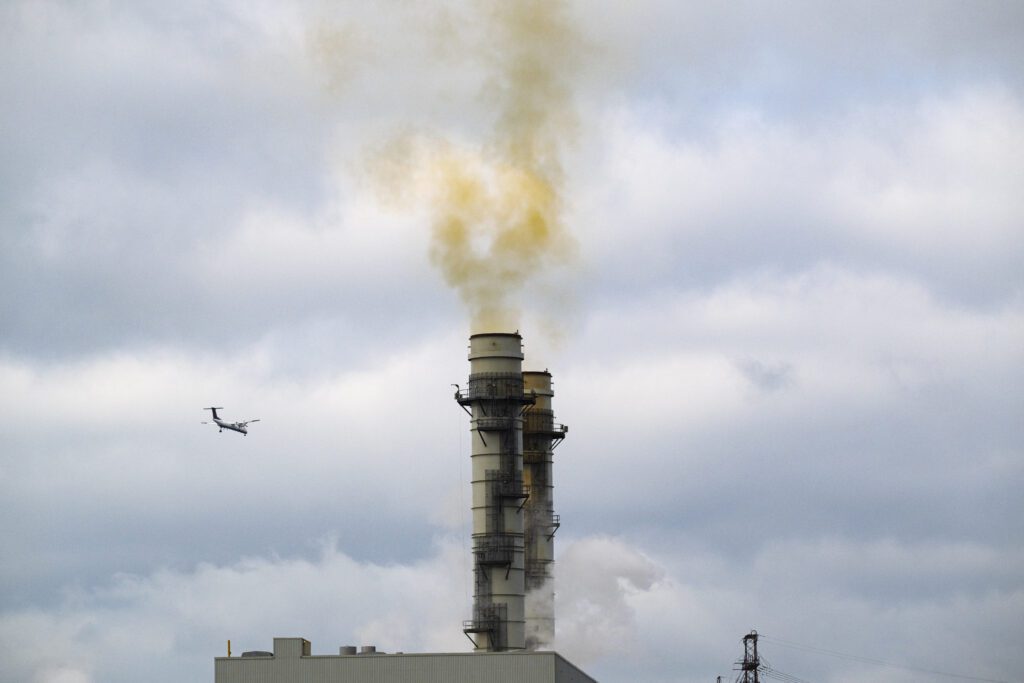Over the coming months, a conflict will take place in Canada. It pits the country’s climate leadership against oil and gas companies’ unwillingness to take responsibility for their outsized impact on the health of people and the planet.
That’s because Prime Minister Justin Trudeau has promised Canadians that he will place a cap on emissions from the oil and gas sector, and reduce those emissions over time until they reach zero by 2050. This will be the defining moment for the Prime Minister’s legacy on climate change. Will he follow through with a policy that limits carbon pollution from Canada’s #1 polluters?
The recent report from the Intergovernmental Panel on Climate Change (IPCC), the world’s leading climate scientists, paints a terrifying picture of the future if Canada and the world don’t tackle fossil fuels with urgency. It states, “The cumulative scientific evidence is unequivocal: Climate change is a threat to human well-being and planetary health. Any further delay in concerted anticipatory global action on adaptation and mitigation will miss a brief and rapidly closing window of opportunity to secure a liveable and sustainable future for all.”
Finally making oil and gas executives accountable by forcing them to reduce their companies’ pollution would be the fair thing to do. Other companies and sectors–electricity, heavy industry, and light manufacturing in particular–have reduced their carbon emissions as those from oil and gas companies have gone up and up and up. If designed effectively, a cap on oil and gas pollution can finally reverse that 30-year trend.
A serious, robust cap on oil and gas emissions is needed for the Canadian government to fulfill its own promise to achieve net-zero carbon emissions by 2050. The International Energy Agency–a credible but decidedly pro-oil organization of climate and energy experts–has made it clear: achieving net-zero means no new investments in or approval of fossil fuel projects. This cap must therefore be strict enough that the industry can no longer expand. In fact, oil and gas production must decline significantly this decade.
The oil and gas lobby will attempt to weaken, delay, or kill this policy because it calls their bluff. Many companies, including the major oil sands companies, have pledged to reach net-zero by 2050: the goal of this policy. But their plans to do this are vague and weak, with far-off promises and an expectation that the Canadian government will hand over $50 billion dollars or more in subsidies to realize them.
The cap should include all carbon emissions from oil and gas production and use. Targeting just emissions from producing oil and gas ignores 80 percent of the problem. It would be like cigarette companies vowing to eliminate lung cancer, but only in cigarette factories.
The Prime Minister must not blink in the face of inevitable pressure and hostile attacks from Big Oil’s lobby and PR machine. For far too long, oil and gas companies have operated with zero environmental or social accountability–destroying large swaths of land and the plants and animals that live on it, creating massive toxic lakes, and polluting the air and water, which has been linked to increased rates of cancer in Indigenous communities in Alberta.
The IPCC, a scientific organization that tries hard to avoid politics, called out Big Oil, saying, “Misinformation and active resistance to climate action from the oil and gas industry have made us more vulnerable.” The vast majority of Canadians will be better off when the federal government finally follows the right path and begins the shift away from oil and gas. The oil and gas emissions cap is a key part of that.
To do so, however, it must (more details available here):
- Place a hard cap on current levels of emissions with tools that will ensure enforceability and accountability starting in 2023
- Reduce emissions immediately and ensure Big Oil reduces its fair share of emissions: a 60% reduction by 2030.
- Include all emissions from the production and use of oil and gas
- Deny subsidies and loopholes to oil and gas companies
- Put people first, by also fully implementing the U.N. Declaration on the Rights of Indigenous Peoples and a fair transition for workers and communities
This is a critical test for the Prime Minister. Despite all of the progress on climate policy in recent years, emissions have continued to rise. He must remain steadfast in the face of the inevitable, ferocious attacks from the oil and gas lobby and put into place robust regulations to curb pollution from that industry.









